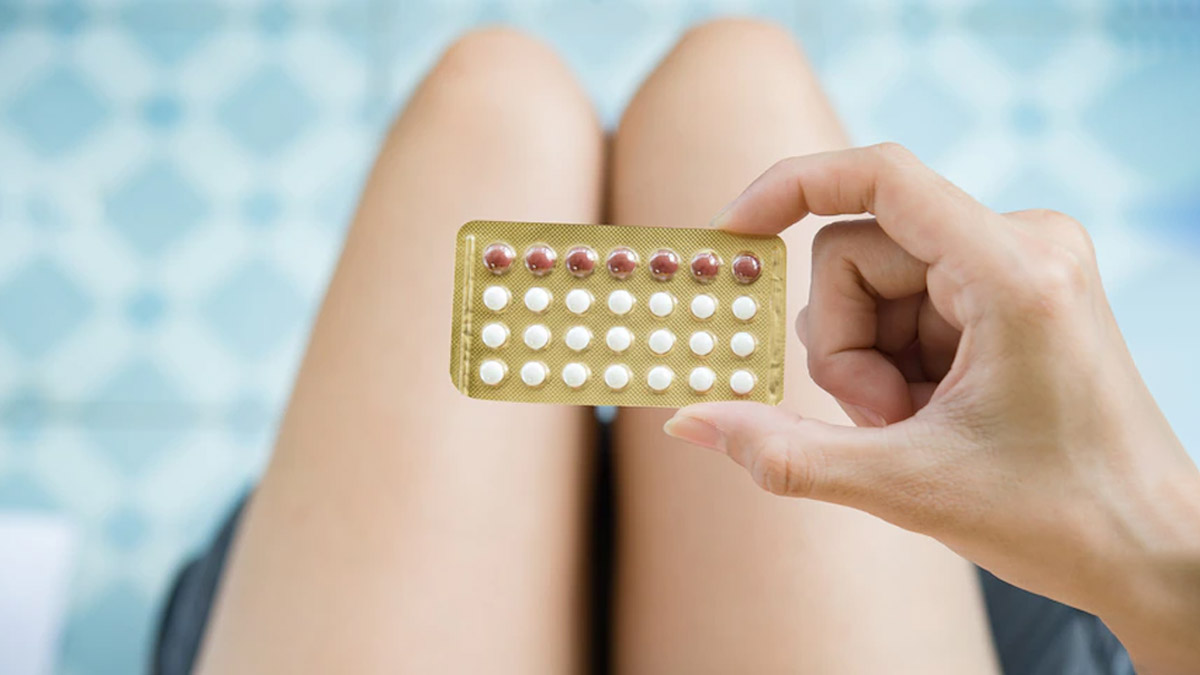
Birth control pills (oral contraceptives) are readily available, reliable, and a highly convenient means of contraception. Still there are several questions you may have regarding them; about how they can affect your health, the benefits and risks, and the newer options available. Here are some of the most common questions people have about birth control pills, answered by us.

According to the Mayo Clinic, you can delay or stop your periods with the use of birth control pills. Earlier regimens had birth control pills packaged as 21 days of active hormone pills and seven days of inactive pills. While you take inactive pills, menstruation-like bleeding happens.
These days you have many more options– from regimens with 24 days of active pills, and four days of inactive pills to all active pills.
Some extended-cycle regimens have active hormone pills every day for three months, followed by a week of inactive or low-dose oestrogen pills, where you have menstrual bleeding for that week. While others involve taking pills for a year, which can stop all bleeding.
These regimens have several benefits such as preventing hormone changes that cause bleeding, cramps, headaches and other discomforts. Moreover, if you experience iron deficiency due to heavy bleeding, they can reduce bleeding.
Don't miss:Factors to Consider When Selecting Birth Control Options
Usually ovulation starts again a few weeks after stopping birth control pills. As soon as you ovulate again, you can get pregnant. You may not have a period if it's your first cycle off the pill. Make sure to take a pregnancy test if you’ve had unprotected sex and your period has not returned.

You may be suffering from post-pill amenorrhea if you don’t have a period for several months after stopping the pills. Periods usually resume within three months after you stop taking the pill. See your gynaecologist incase periods don’t return after three months.
There is little to no evidence that exposure to hormones in birth control pills causes birth defects. Once you learn that you’re pregnant, you should ideally stop the birth control pill.

You can use the standard oestrogen-progestin pills for emergency contraception. But you need to consult your gynaecologist to get the proper dose and timing. Certain types of pills are specifically designed to stop you from becoming pregnant, which are called the morning-after pills. Morning-after pills either contain levonorgestrel or ulipristal acetate. While levonorgestrel pills are over-the-counter, ulipristal acetate are only by prescription.
A copper intrauterine device or an IUD with 52 milligrams of levonorgestrel can be also used. These IUDs are placed by your doctor, ideally within five days of unprotected intercourse.
In the early 1960s, birth control pills had high amounts of oestrogen and progestin, which could cause weight gain due to increased appetite and water retention. But current pills have lower amounts of hormones, so weight gain is likely not a problem, according to WebMD.
If you’re healthy and you don’t smoke, you can take these pills after the age of 35. But if you’re 35 or older and you smoke, in that case the risk of cardiovascular disease increases. So, quit smoking before you can safely continue taking the pills.
Don't miss:8 Myths About Oral Contraceptive Pills That Women Should Stop Believing

Antibiotics do not affect the efficiency of birth control pills, except rifampin (Rimactane), which can decrease the effectiveness of birth control pills in preventing ovulation. But this is not widely used today.
Our aim is to provide accurate, safe and expert verified information through our articles and social media handles. The remedies, advice and tips mentioned here are for general information only. Please consult your expert before trying any kind of health, beauty, life hacks or astrology related tips. For any feedback or complaint, contact us at compliant_gro@jagrannewmedia.com.